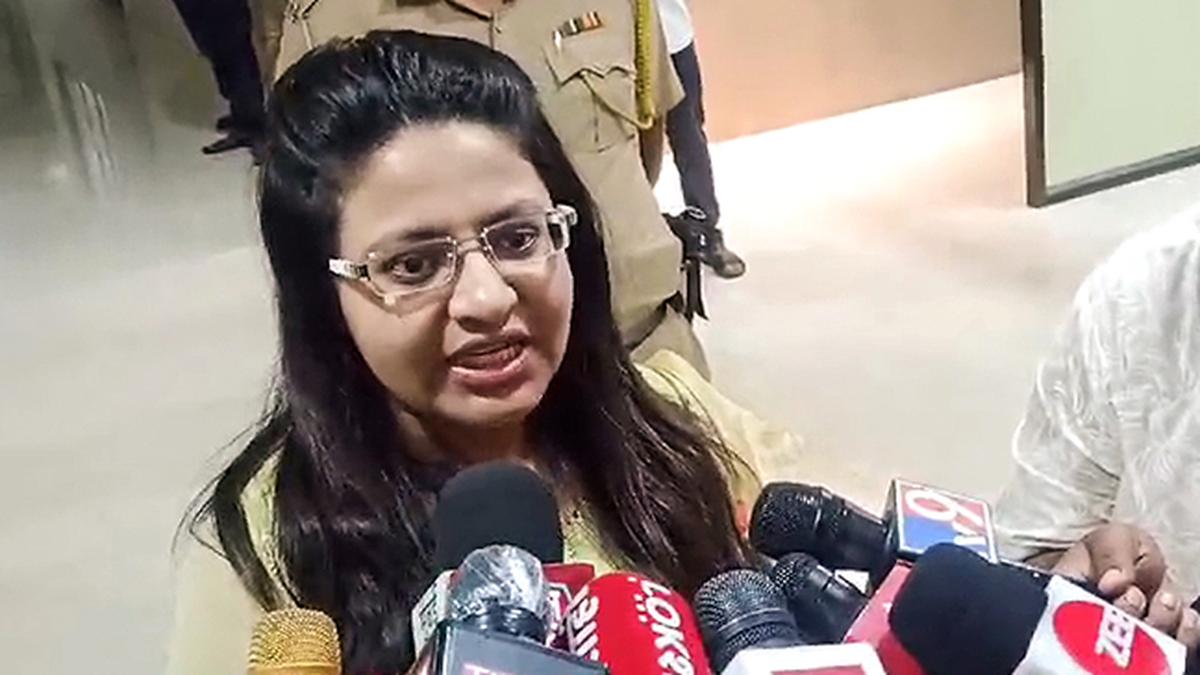 |
|
The Supreme Court of India has granted interim protection from arrest to Puja Khedkar, a former IAS probationer accused of cheating in the Union Public Service Commission (UPSC) civil services examination. The court's decision, delivered on Wednesday, postpones any coercive action against Khedkar until February 14, 2025. This interim relief comes after the Delhi High Court dismissed Khedkar's anticipatory bail plea, citing a strong prima facie case against her and the need for a thorough investigation into a potential larger conspiracy. The High Court's strong observations against Khedkar, suggesting a conviction was likely, formed a central part of the Supreme Court hearing. Khedkar's legal team, represented by senior advocate Siddharth Luthra, argued that the High Court's judgment was overly critical and that the case, if it proceeded to trial, would almost certainly result in a conviction. The Supreme Court, while acknowledging the High Court's findings, opted to grant the interim reprieve, emphasizing that no action had been taken against Khedkar thus far.
The accusations against Khedkar stem from her application for the 2022 UPSC civil services examination. She is alleged to have misrepresented information to avail herself of reservation benefits under the OBC (Other Backward Classes) and disability quotas. Khedkar vehemently denies all allegations. The Delhi Police, acting on a complaint filed by the UPSC, lodged a First Information Report (FIR) against her, detailing various offenses related to fraud and misrepresentation. The UPSC itself initiated a series of actions against Khedkar, including initiating criminal proceedings, following the discovery of irregularities in her application. The UPSC's stance throughout the legal process has been resolute. They contend that Khedkar committed a serious fraud against both the commission and the public and that her custodial interrogation is essential to fully uncover the extent of the alleged fraud and to identify any potential accomplices. The commission's argument emphasizes the prestigious nature of the UPSC examination and the gravity of the alleged deception against a constitutional body and the broader societal trust placed in its integrity.
The Delhi High Court's decision to initially dismiss Khedkar's anticipatory bail plea was heavily influenced by its assessment that a larger conspiracy might be at play. The court felt that allowing Khedkar interim relief could impede the investigation into this potential larger network of individuals involved in manipulating the examination system. The High Court underscored the sanctity of the UPSC examination, referring to it as the most prestigious test in the country, and characterized the case as a clear instance of fraud against the constitutional body and the public. While Khedkar's counsel argued that her cooperation in the investigation was guaranteed and that her custody was unnecessary, given the documentary nature of the evidence, the Delhi Police countered that custodial interrogation was vital to unravel the involvement of other individuals. The initial interim protection from arrest granted to Khedkar by the High Court on August 12, 2024, had been extended multiple times before its eventual revocation leading to the Supreme Court appeal. The Supreme Court's decision to grant this further extension, until February 14, 2025, provides Khedkar with a crucial window to continue her legal defense while the investigation unfolds.
The case highlights the complexities of investigating allegations of fraud within high-stakes examinations. It also underscores the importance of maintaining the integrity of the civil service selection process and the potential consequences of misrepresenting information to gain an unfair advantage. The legal battle is far from over, and the Supreme Court's decision to issue notice to both the Delhi government and the UPSC, along with the extension of the interim protection, indicates the court's careful consideration of the arguments presented by both sides. The February 14, 2025 hearing will be pivotal in determining the next steps in this case and whether Khedkar will face arrest and prosecution for the alleged offenses. The outcome will have significant implications not only for Khedkar herself but also for the future administration and integrity of the UPSC civil services examination and the broader fight against examination malpractice within the Indian Civil Services. The case has also triggered wider discussions about the potential for systemic manipulation and the need for robust mechanisms to safeguard the fairness and integrity of competitive examinations in India.
Source: UPSC cheating case: Supreme Court protects Puja Khedkar from arrest till February 14
